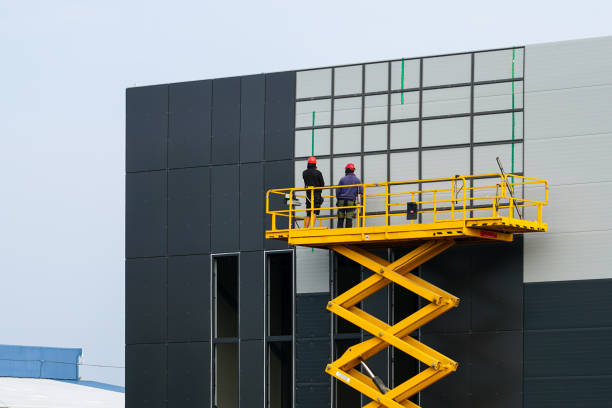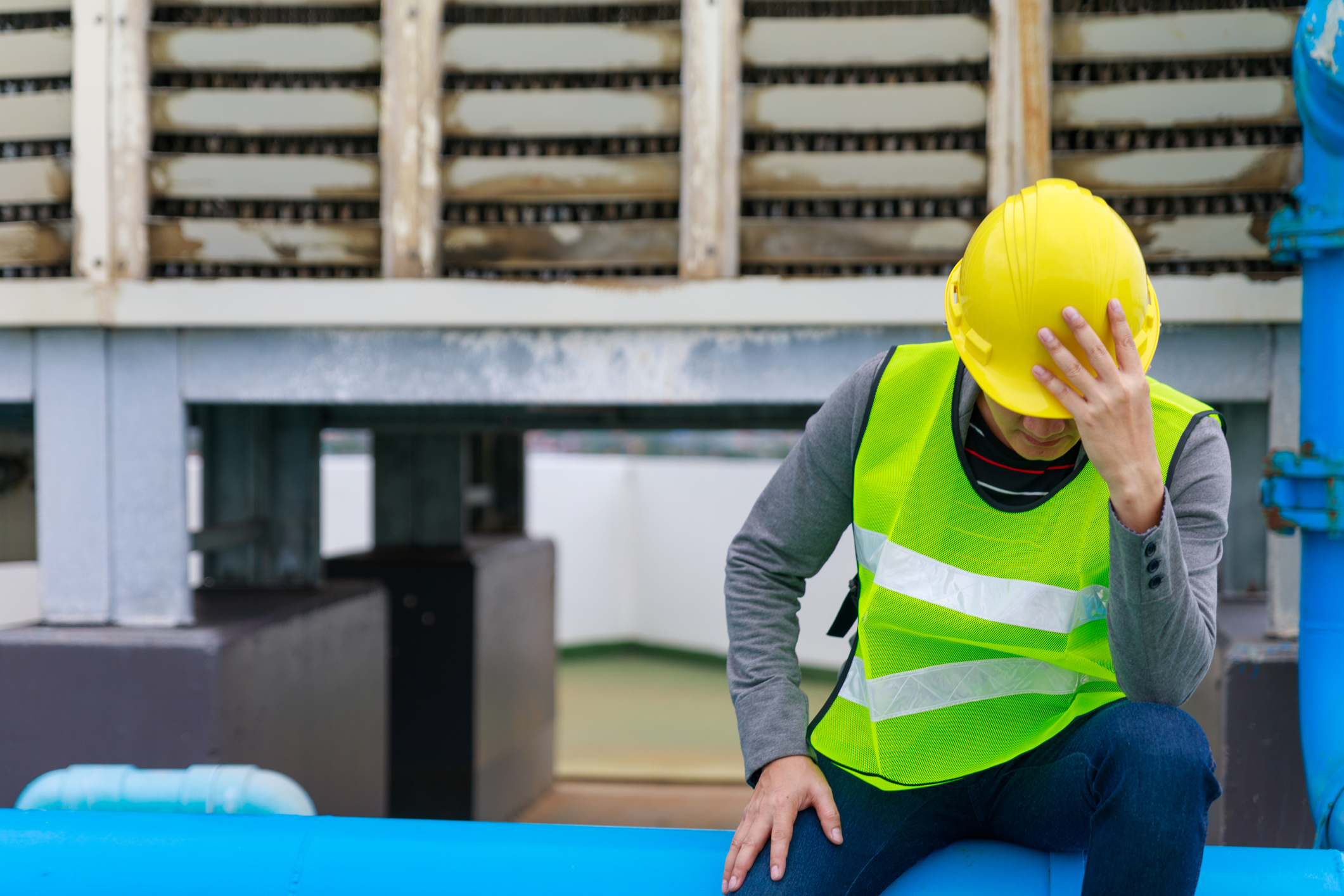MATES in Construction: building mental health support in the Australian construction industry
Mental health is a serious issue for many Australian construction workers, who face long work hours, job insecurity, physical labour and social isolation.

Mental health is a serious issue for many Australian construction workers, who face long work hours, job insecurity, physical labour, and social isolation. These factors contribute to the high rate of suicide in the industry, which is one of the highest among all occupations. However, several organisations and research studies aim to address these issues.
A recent study: suicidal ideation in the Australian construction industry
A recent study by the University of South Australia, in collaboration with mental health organisation MATES in Construction (MATES), explored the drivers and experiences of suicidal thoughts and psychological distress among industry workers. The study found that workers were under significant pressure from both work-related and personal challenges, such as relationship and financial problems, alcohol and drug use, trauma and stigma. Some workers reported feeling trapped, overwhelmed and suffocated by their situation.
MATES in construction: building support
MATES in Construction is an organisation that aims to reduce the high number of suicides in the construction industry. Through their programs, the organisation has trained over 237,000 industry workers and estimates an approximately 8% drop in suicide risk within the industry. MATES SA CEO Alan Suridge says,
“We…provide free counselling and support services to workers in need. Research such as this enables us to educate workers on signs to look for and how to respond appropriately, creating a safer, more caring workplace community.”
Further information on training and services with MATES can be found here.
Beyond Blue and Steel Blue 2023 annual survey
Another organisation building mental health support in the construction industry is Beyond Blue which partners with Steel Blue, a safety boot company, to raise awareness and funds for mental health programs. They also work with employers and workers in the construction and other blue collar industries to create a culture of care and openness, where people can talk about their problems without fear of stigma or judgement. Dr Grant Blashki, Lead Clinical Adviser at Beyond Blue, said the ‘tough guy image’ of the blue collar worker is often a barrier to some seeking help for their mental health.
Steel Blue supports Beyond Blue by donating $10 from every sale of their blue safety boots, which have raised over $400,000 so far. They also conduct surveys and host events to understand the mental health needs and challenges of their customers and employees.
The latest annual 2023 survey found that most respondents were aware of how to protect their mental health in times of stress (63%), had a hobby that helped them relax (72%), and would reach out for help if they were experiencing distress (55%). They also rejected the idea that depression was a sign of weakness, showing a positive shift in attitudes towards mental health (84%).
The survey also revealed that poor mental health had a significant impact on many aspects of respondents’ lives, such as income, relationships and physical health. Some respondents had taken extended periods of time off work due to physical injuries or mental health issues.
The survey results highlight the importance of initiatives like MATES in Construction and Steel Blue’s collaboration with Beyond Blue, which aim to reduce the risk of suicide and improve the wellbeing of workers in the construction and other blue collar industries. By providing support and services to those who need them, and encouraging others to speak up and seek help, these initiatives can make a difference in saving lives and creating a safer workplace community.
Sources
Survey: Tradies seeking mental health support from friends, family by NSCA Foundation, 11th August, 2023
Preventing psychological harm in the construction industry by University of South Australia, 26 July, 2023
Pressure and stress drive suicide rates up in construction industry by AIHS, 8th August, 2023





